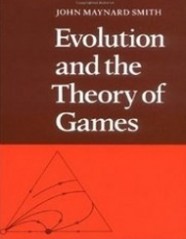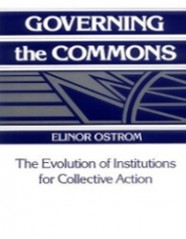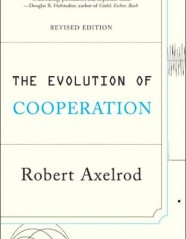

The Project
The study of norms has always been a major field of philosophical reflection. But, especially over the last twenty years, the development of the evolutionary games theory has provided researchers with a conceptual and theoretical toolkit that was inaccessible to the traditional moral philosopher. Our project aims to contribute to the contemporary critical debate over the attempts to model the emergence of interaction norms in an evolutionary fashion. Our theoretical approach follows three main research directions.
First, we will contribute to the critical analysis of the logical and conceptual presuppositions that underlie recent evolutionary models of norm emergence.
Secondly, the project aims to investigate and classify the contemporary developments in social sciences that make use of such models. Our hypothesis is that we witness one of the rare moments of convergence in the history of science when political theorists, moral philosophers and social scientists have at their disposal the same set of theoretical instruments and obtain complementary results.
Thirdly, the project tries to explore the philosophical implications of the possibility to achieve a rigorous model of norm emergence in the context of dynamic and complex interactions such as those that take place in virtual environments.
Main Hypotheses
The main hypotheses of our project is that evolutionary approaches to norms provide the conceptual framework for the convergence of developments in various social sciences. A number of subordinate questions and hypothesis stem from this general notion:
- the functionalist explanations of norms, coupled with the use of evolutionary modeling, make possible the revival of a Humean approach in meta-ethics;
- the reconstruction of the concepts of rationality and emergence assumed by evolutionary models has profound implications for the development of a integrative project for the epistemologies of different social sciences;
- the virtual interactions and computerized simulations provide a hoped-for testing ground for theories which try to account for the structure and results of real-life interactions between human agents;
- the formal models of the evolutionary approaches to norms yield fruitful and often surprising applications in practical fields such as the management of ethics in organizations, organizational culture, security studies or the understanding of virtual communities.





